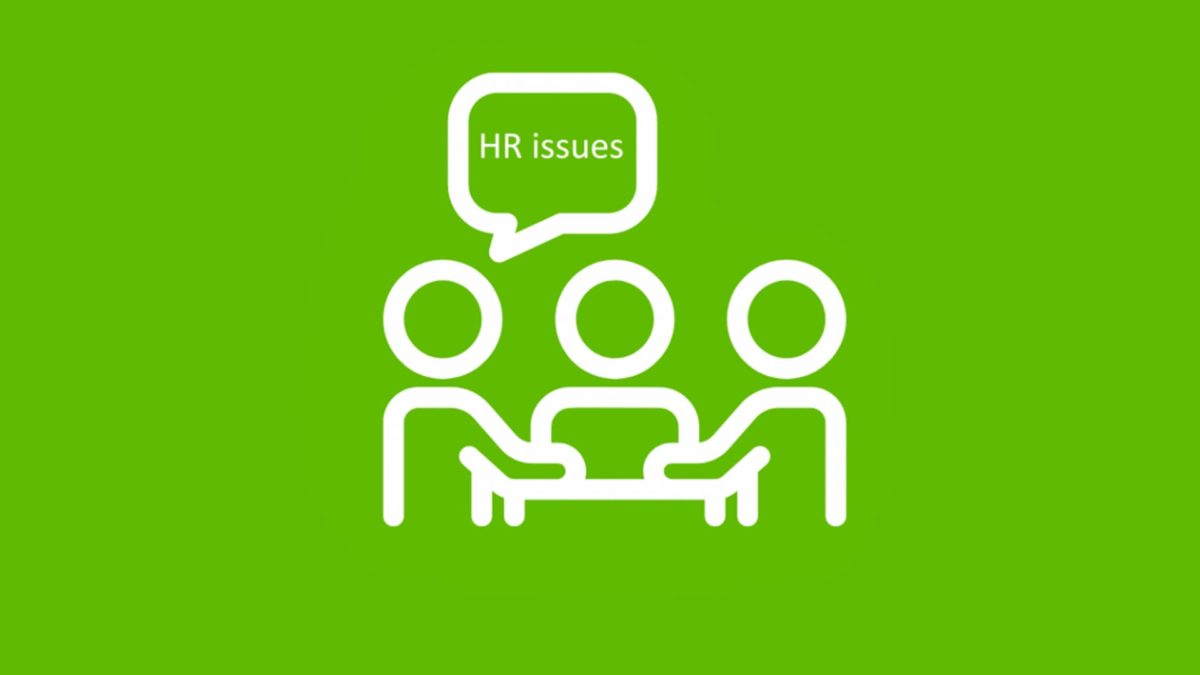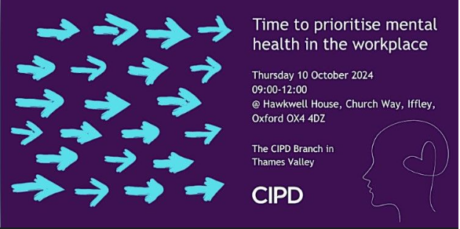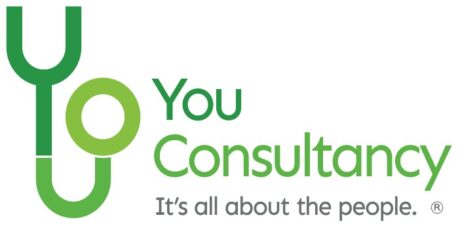
Common HR Issues
We are now halfway through 2021, and the global COVID-19 pandemic has continued to cause organisations to think swiftly on their feet to respond to shifts in perspective and priorities and reassess future planning.
The world has seen a lot of change, and July marks a good time to look at the common HR trends that were anticipated at the start of the year and those that are emerging now.
1. Agile working is the new normal – top discussed HR issue
Whilst the shift to home working might have been a forced one in early 2020 with the pandemic, many organisations are now citing the benefits they have seen by having a remote workforce in place. Many employers are now looking ahead, with the final lifting of restrictions currently postponed to July 2021, to create more permanent agile working options that will provide employees with the flexibility of a part-time return to the workplace (or in some cases, no return at all!). Not all employers will take on this approach, but it certainly looks like many organisations will in some form.
The need for organisations to be agile and innovative with hybrid working extends to recruitment, most specifically with talent attraction. Recent data from Indeed has shown that searches for remote work have increased by a whopping 966% since the start of the pandemic, as the location of the candidate is no longer such a big factor with remote working. Companies who adopt remote working might find themselves with the opportunity to select from a larger talent pool, which may have been limited before agile working had become more prominent.
2. Upskilling and Reskilling will be drivers of business success
Though upskilling might have always played a role in learning and development opportunities within the workplace, employers have recognised the efficiency of focusing on upskilling and reskilling before turning to recruitment. To compare the two – reskilling is the development of additional skills to transition into an additional role, whereas upskilling is the training that enables someone to better perform in their current role. For example, for those in sales or retail, there has been a digital shift to e-commerce and therefore certain digital upskilling might be needed to ensure there is not a downward shift in supply and demand. Reskilling meanwhile allows you to reassign talent to best suit the business’ needs.
By upskilling and reskilling, organisations can develop a workforce who are adaptable, agile and willing to learn.
3. Reinvent the employee onboarding and induction experience
Consider these two recruitment and onboarding scenarios:
- Pre COVID – John Smith goes through the recruitment process and is offered the role. He accepts the role, and on his first day, he comes to the office to meet his new team. There might be biscuits, lots of handshakes and introductions, and, if he is lucky, perhaps a team lunch to celebrate his joining of the team.
- Post-COVID – John Smith goes through the recruitment process and is offered the role. He accepts the role and ahead of his first day his equipment is posted to him. On his first day, different virtual meetings are set up so he has time allocated to meet new team members digitally, but it is likely that this is limited to those colleagues he will spend the most time with rather than the full team. A virtual team meeting might be set up, and John might get to know his team virtually in the future months, but it could be possible he never meets all the team in person.
Organisations now need to rethink their onboarding process for new employees, especially if they are working to a more remote/home working schedule, to ensure that they can connect with their team without all the ‘real life’ interactions such as hot drink rounds, work shadowing and office interactions. Elements such as work-life balance, online connections and informal team building activities will need to be experimented with to ensure employee satisfaction, retention and ultimately work towards success in the probation period.
4. It is all about the people
A few years ago, you might have said that technology was poised to take centre stage of the workforce, and indeed whole industries, however, the pandemic has caused different ways of working to become the norm (with remote teams, and less need for workspaces) and put employees at the forefront again. Employers are realising, more than ever, that their most valuable assets are their employees and therefore strategies and policies need to be re-evaluated and implemented to ensure that the workforce is engaged, happy, and productive to realise organisational efficiencies.
This also leads to the wider conversation of employee wellbeing and rethinking rewards and benefits packages, as well as the implementation of wellness strategies. Whilst previously organisations might have offered schemes such as free breakfast, fresh fruit available, cycle to work schemes etc, companies will need to be flexible in how initiatives such as these can be implemented in more of a home environment.
The conversation around mental health is more prominent than ever. Mental health charity, MIND, have found that 60% of adults and 68% of young people have said that their mental health got worse during COVID-19 lockdowns. Organisations are urged to take these statistics into consideration and think about how mental health strategies can be implemented, and the conversation opened so that employees feel as supported as can be.
You can make an online appointment with us to discuss any of these common HR issues or other areas of HR and Organisational Development that you require assistance with through our bookings page.
More in Community Building

A Growing Desire for Better Business
The Better Business Ecosystem is raising awareness and showcasing the wide variety of ways businesses can have a more positive impact on society, communities and the environment, by embedding great business practices across their companies.

Why joining a community of business leaders can enhance your reputation and credibility
I read a LinkedIn post recently that reassured business owners that if they’d managed to keep their businesses going during recession, Brexit, COVID and the cost-of-living crisis that they deserved a huge pat on the back and shouldn’t ‘beat themselves up’. Easier said than done when costs are rising and doing business seems to get harder rather than easier, but the sentiment was well-placed.

Why it’s important for Business Leaders to be exposed to new...
Nobody likes a ‘know it all’ and let’s face it, there’s no such thing. At the other end of the scale, many of us don’t create enough time to take on board new ideas, innovation and creativity in whatever format. How many times have you been recommended to read a book, get sent the link, go on Amazon, maybe even buy it but it just sits on your bookshelf? Come to think of it, as an aside, just think about that for a second….I wonder what the actual percentage of books purchased are actually read? Frightening thought!
From this author

Time to Prioritise Mental Health in the Workplace: World Mental Health...
In case you haven’t seen Jonna Mundy, CEO of You Consultancy Ltd. is hosting a CIPD event not to be missed! Whether you are an HR professional or specialise / have an interest in Health and Wellbeing, why don’t you join Jonna and a fabulous line-up of guests at the Mercure Oxford Hawkwell House Hotel. […]

Unlocking Excellence
In the ever-evolving realm of human resources and organisational development, leaders consistently grapple with pivotal decisions in shaping their core people functions. Traditionally, many have opted for in-house resources to bolster internal teams for managing people matters. However, in the face of contemporary employment challenges and evolving expectations, leaders are increasingly turning to a more […]

Navigating HR & OD Challenges in 2024: A Guide to a...
Introduction: As we step into the New Year, the ever-evolving landscape of human resources (HR) and organisational development (OD) presents both exciting opportunities and unique challenges for HR Professionals, Leaders, and Managers. From adapting to accommodate ongoing workforce needs or addressing emerging trends, January 2024 sets the stage for those responsible to proactively shape the […]

